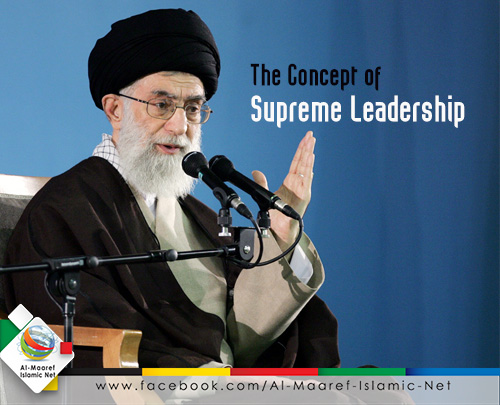Two Different Conceptions of Ijtihad
Guardian for the Jurist
The term ijtihad as used in the writings of scholars of different Islamic sects conveys two different meanings, each of which gives rise to different viewpoints regarding the sources of Shar'i ahkam. In the first conception ijtihad means derivation of Shar`i hukm through personal judgment and ray for an issue for which the mujtahid does not find any express text in the Quran or the Sunnah. Such a meaning of ijtihad is found in the writings of `Abd al‑Wahhab al‑Khallaf and most of Sunni fuqaha' also subscribe to this view.
Ijtihad in this sense is considered by most of Sunni scholars as an independent source parallel to the Quran, the Sunnah, ijma` and `aql, and is acknowledged as one of the bases for determining the ahkam.
It means that in the same manner as a mujtahid relies on sources like the Quran, the Sunnah, `aql and ijma` for deriving ahkam, he can also rely on ray and subjective opinion by taking recourse to instruments of presumption (like qiyas, istihsan, masalih mursalah, istislah, madhhab al‑Sahabi, fath al‑dhara'i`, sadd al‑dhara'i`, etc.) for issues on which there is no express text in the Quran and the Sunnah.
In the second conception ijtihad means deduction of the fari ahkam from the reliable sources (the Quran, the Sunnah, ijma` and `aql). Ijtihad in this sense occurs in the writings of Ahmad Mustafa al‑Zarqa', the author of al‑Madkhal al‑fiqhi al‑`amm, and Shi'i fuqaha' have subscribed to this view long since. According to this conception, the activity of the mujtahid involves deduction of the laws of the Shari'ah for emergent issues and new phenomena of life by employing general principles and rules. Thereby the mujtahid refers to new secondary issues to the general principles and applies the general laws to their particular instances in external reality, thus obtaining the ahkam governing them. According to this conception, ijtihad is not counted as an independent source of law parallel to the Quran and the Sunnah, but merely as a means for deriving and determining the ahkam from the sources.


















